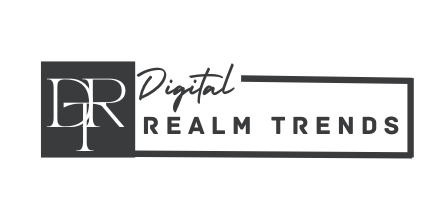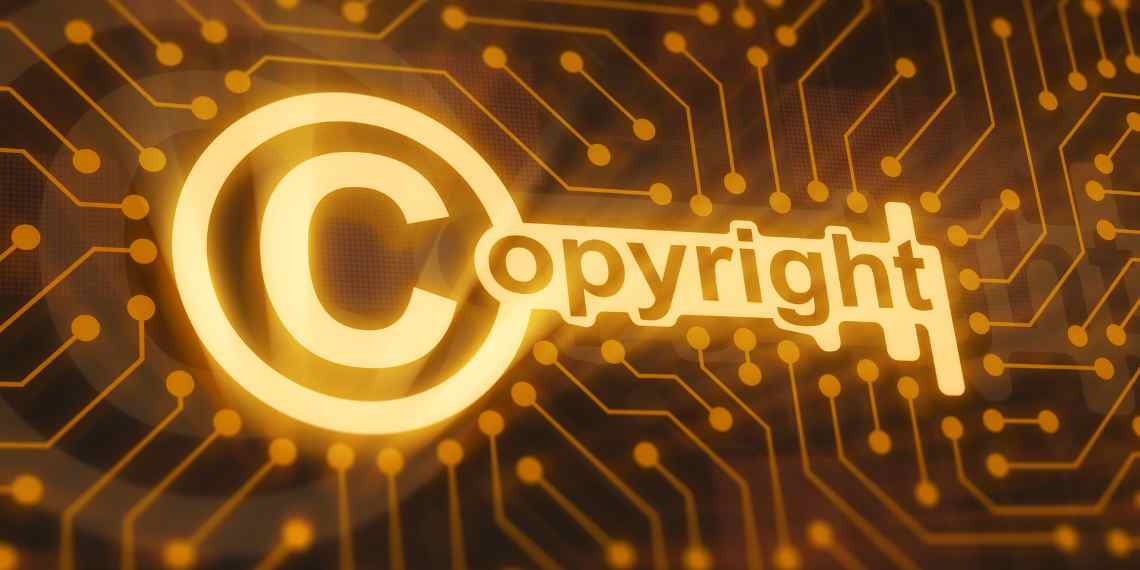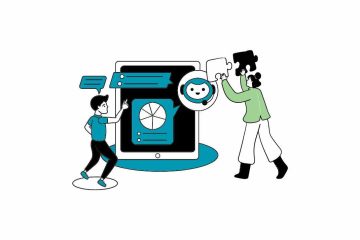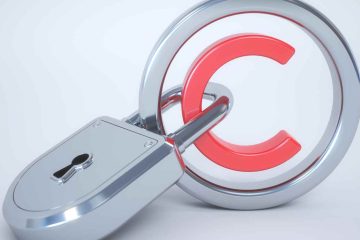Introduction
Chatbots are becoming increasingly common in various industries, from customer service to healthcare. They are automated programs that use natural language processing to interact with users and provide assistance or information. As chatbots become more sophisticated, questions arise about the legal implications of their responses, particularly in terms of copyright. In this blog post, we will explore whether chatbot responses are copyrighted and what the legal and ethical considerations are.
Copyright Law and Chatbot Responses
Another legal consideration is the ownership of chatbot responses. Who owns the copyright in chatbot responses, the developer, the company, or the user? The answer depends on various factors, including the terms of the contract between the developer and the client or user, as well as any applicable laws or regulations.
Read Also: Copyright Protection and Legal Implications of Using ChatGPT Results
Ownership Rights of Developers, Companies, and Users
Developers may claim ownership of chatbot responses as works made for hire, which means the employer is considered the author and owner of the copyright. Alternatively, developers may assign ownership of the copyright to the client or user through a licensing agreement. Companies may also claim ownership of chatbot responses if they are created in the course of employment or under a work-for-hire agreement. Users may own the copyright if they provide the content that forms the basis of the chatbot responses.
Read Also: Using Chatbots in E-commerce: Benefits, Designing, and Future
Contractual Agreements
Contractual agreements between developers and clients or users can also impact the ownership of chatbot responses. These agreements may include provisions on intellectual property ownership, licensing, and use restrictions. It is important for all parties to carefully review and negotiate these agreements to avoid any disputes or misunderstandings about ownership and use rights.
Ethical Considerations
In addition to legal considerations, there are ethical implications of chatbot responses and copyright law. Plagiarism and misattribution may be issues if chatbot responses contain copyrighted material without proper attribution or permission. Furthermore, developers and users should consider ethical guidelines and best practices for chatbot design and use, such as ensuring accuracy and transparency, avoiding harmful or offensive content, and respecting user privacy.
Read Also: Leveraging Facebook Chatbot AI for Effective Communication and Support
Final Words
The legal and ethical considerations of chatbot responses and copyright law are complex and multifaceted. While some responses may be purely functional and not eligible for copyright protection, others may contain original content that is protected by copyright law. Additionally, ownership of chatbot responses can be affected by various factors, including contractual agreements between developers and clients or users.
To navigate these issues, developers, companies, and users should carefully review and negotiate agreements related to intellectual property ownership and use rights. Furthermore, ethical guidelines and best practices can help ensure that chatbot responses are accurate, transparent, and respectful of user privacy and safety.
As chatbot technology continues to advance, the legal and ethical implications of automated communication will become even more important. It is essential for all stakeholders to stay informed and proactive in addressing these issues to ensure that chatbots continue to provide valuable assistance while respecting legal and ethical standards.
FAQ About Chatbots
Q: What is a Chatbot?
A: A chatbot is a computer program designed to simulate conversation with human users over the internet or messaging platforms.
Q: Are Chatbot responses copyrightable?
A: It depends on the nature of the response. If the response is a simple, factual statement, it is unlikely to be copyrightable. However, if the response is a creative expression, it may be eligible for copyright protection.
Q: Who owns the copyright to chatbot responses?
A: The copyright to chatbot responses typically belongs to the person or entity that created the responses. This could be the chatbot developer or the company that deployed the chatbot.
Q: Can I use chatbot responses from another company or developer?
A: No, using another company’s or developer’s chatbot responses without permission may constitute copyright infringement.
Q: Can I copyright my own chatbot responses?
A: Yes, if your chatbot responses are original creative expressions, you can register them for copyright protection.
Q: What are the legal implications of using copyrighted chatbot responses without permission?
A: Using copyrighted chatbot responses without permission can result in a lawsuit for copyright infringement, which can lead to damages, injunctions, and legal fees.
Q: Can I modify copyrighted chatbot responses and use them as my own?
A: No, modifying copyrighted chatbot responses without permission does not negate copyright infringement.
Q: How can I protect my chatbot responses?
A: You can protect your chatbot responses by registering them for copyright protection, including a copyright notice in your chatbot’s terms of use, and monitoring unauthorized use of your chatbot responses.
Q: What should I do if I suspect someone is using my chatbot responses without permission?
A: You should contact a copyright attorney to discuss your legal options, which may include sending a cease-and-desist letter, filing a lawsuit, or pursuing alternative dispute resolution methods.
Q: Are there any exceptions to copyright infringement for chatbot responses?
A: There are some exceptions to copyright infringement, such as fair use, which allows for limited use of copyrighted material for purposes such as criticism, commentary, news reporting, teaching, scholarship, or research. However, fair use is a complex legal doctrine and its application to chatbot responses may depend on the specific facts of each case.

Hello, I’m Ali Raza, the brain behind Digital Realm Trends.
Hailing from the vibrant world of digital marketing, I’ve honed my skills over years. Based on my experience, I’m here to unravel the complexities of digital marketing, analytics and paid marketing, crafted for individuals like you. Join me in uncovering the power of digital marketing tools and strategies, fueled by experimentation and insights.




